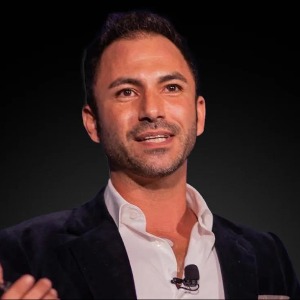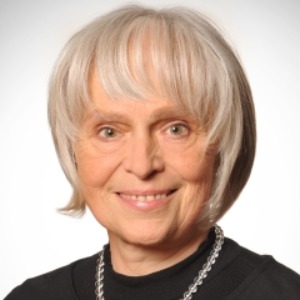10th Edition of International Conference on
Medical Culture In Ethnomedicine
The study of Ethnomedicine brings together the beliefs and practice of traditional and modern medicine from different cultures. Ethnomedicines provide cultural and medical frameworks to understand and make sense of different socio-cultural constructions of illness and suffering. The usage of Ethnomedicine is increasing within the health care setting. Medical Culture in Ethnomedicine looks at the application of cultural practices from different ethnic groups. It can be seen to heavily influence the practice of traditional medicine, giving new medical contexts for diseases, treatments and practice. In some cultures, cultural and religious customs can also shape a patient’s approach to their medical care and this can include the use of local remedies, healing rituals, and magic-symbolic practices such as prayer and divination. Medical Culture in Ethnomedicine can further influence the patient-physician interaction, understanding, and overall acceptance of care. It is important to remember that treatments, diagnosis, and preventative measures made in one culture may not be perceived or accepted in another. Health care providers need to be made aware of potential cultural differences and accommodate these. Various forms of communication should be used such as visual aids, storytelling, and cultural inquiry. Patient-centered medicine ensures awareness and use of medical culture from the patient’s cultural perspective. Respectful communication and cultural exchange are essential to bridge the cultural gap. Ensuring access to different levels of understanding of diseases and treatments, and recognising the patient’s cultural context will help to provide better care and treatment outcomes. Health care medical services need to be tailored to the beliefs, values, and life circumstances of the patient. Medical culture in Ethnomedicines can provide holistic care and treatments that are relevant to individual patients. This can be instrumental in the global promotion of traditional and modern medicine. Knowing and understanding the cultural variability of medical beliefs and practices can be an important step in the development of a holistic practice of medicine.

Kenneth R Pelletier
University of California School of Medicine, United States
Marilyn Allen
American Acupuncture Council, United States
Girish Momaya
Stichting Maharishi European Research University, Netherlands
Julieta Andico Songco
JAS Consulting Services, United States
Farah Ganjei Gron
New Life Homeopathy, United States
Nima Farshid
Gaia Healers | Bio-Well Global | HealthenRX, United States


